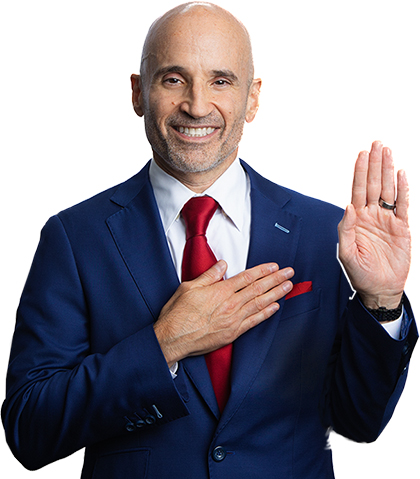TonaLaw regularly represents students of Stony Brook University who have been accused of some Academic Dishonesty. In a recent case, the student client had been accused of plagiarism and collusion on an assignment in an ecology course. The accusation was sent to the student the day before Thanksgiving break. The student hired the attorneys at TonaLaw and provided information that the assignment they were being accused on was an assignment to turn in after an in-class discussion, and the student was presented with the filmed lecture wherein the professor spent approximately eight minutes giving the students an opportunity to discuss the prompts and then discuss with the entire class.
TonaLaw Attorney Andrew Ciccaroni was able to compare the presented answers from the students to the discussions held in lecture and discovered that the relevant portions of the responses from both of the accused students were taken from the lecture of the professor nearly verbatim. Using this information and the responses Mr. Ciccaroni worked with the student client to draft an appeal statement with support pointing out that not only was the assignment open note in nature and responded to based on the lecture in class, but that there was no motivation to cheat as the student had already turned in more assignments than the student would ever get credit for. Furthermore, the head of the department reviewed the responses and agreed that the evidence was not compelling.
The academic judiciary committee decided to proceed with a joint hearing for the student involved in the matter. Mr. Ciccaroni prepared the student for the hearing beforehand to discuss the entire case. At the hearing, the student was able to clearly and concisely present a full rebuttal to the charges by pointing out that the simple use of one incomplete sentence was insufficient and stating that other students responded following the same order as the information was presented in class. After questioning, the professor admitted that the notes from a discussion with other students were permissible material to use in preparing a response to the prompts. Based on the information and arguments, the committee determined that there was no clear and compelling evidence of academic misconduct by the student client, and the student was found not to be responsible for any violations of the academic integrity policy of Stonybrook University.
SHARE











